The need for a credible, universally-accepted mediator between Israelis and Palestinians has never been greater.
Amid the death and destruction raining down on the Gaza Strip, there is a sliver of hope. Seldom have the makings for a mutually-agreed long-term arrangement — which would give both parties a degree of stability and security, and allow for Palestinian as well as Israeli economic growth — been better than today.
In fact, in a perverse way, the Israeli assault on Gaza has improved chances for such an arrangement by politically strengthening Hamas — the Islamist militia, which is no match for the Israeli military, but has already scored a psychological victory. Hamas demonstrated its ability to reach major Israeli cities with its rockets by infiltrating Israel proper, persuading international airlines to halt flights to Tel Aviv, and putting up fierce urban resistance inside Gazan towns.
Israel’s Military Victory But Political Defeat
Israel hopes to weaken and demilitarize Hamas, but not totally eradicate it because that could open the door to more militant Islamist groups taking control of Gaza. In its view, a weakened Hamas would strengthen Palestinian Authority President Mahmoud Abbas, and either undermine the Palestinian position or render it incapable of negotiating a final solution of the conflict on terms remotely acceptable to Palestinians.
This would spare Israel the painful decisions it would have to take, which are necessary for any definitive peace settlement to work, such as the dismantling of Israeli settlements in the Occupied West Bank and a shared future for East Jerusalem, both of which it conquered during the 1967 war. As a result, Israel’s preferred solution for the medium, if not the long-term, is the status quo with effectively full control of the West Bank and a defanged Hamas.
Although for very different reasons and on different terms, Hamas shares with Israel the goal of a longer term arrangement, which would not force it to make political concessions such as the recognition of Israel and renunciation of the armed struggle. Hamas has repeatedly called for a ten-year ceasefire. It recognizes that Palestinians are in no position to persuade or impose on Israel terms that would guarantee a truly independent Palestinian state alongside Israel, which would be anything more than a militarily weak adjunct of its powerful neighbor.
That is where the problem lies. No single mediator — the United States, the European Union, Egypt, Qatar or Turkey — is able to talk with any credibility to the two key parties, Israel and Hamas.
Nevertheless, as in most armed confrontations with Palestinians and Arabs since the 1967 war, Israel wins militarily but loses politically. If anything, that trend is even more pronounced in the current conflict against a backdrop of improved Palestinian military performance, however limited, and mounting international unease, not only with the toll in civilian lives but with Israeli policy toward Palestinian territories at large.
Hamas’ Growing Street Credibility
In addition, Hamas has increased its street credibility, while Abbas has been rendered even more ineffective than he already was. Using the death of three kidnapped teenagers as a pretext, Israel went on the offensive against Hamas, even before it attacked Gaza to undermine the one effort by Abbas and Hamas for the formation of a national unity government, which could have enabled them to negotiate a final solution to the Palestinian problem.
As a result, with neither party really interested in a final resolution, a long-term arrangement is potentially the best deal on the table. Nevertheless, a deal on a long-term ceasefire could well be stranded on issues such as the future of the seven-year old Israeli blockade of Gaza, which impairs its ability to freely import goods. Other issues are Palestinian demands that it be able to build an airport and a port — requirements for economic growth, which would complicate Israeli control. Only a mediator trusted by both parties would be able to explore whether those hurdles can be surmounted.
Interlocutors Talk to Interlocutors
And that is where the problem lies. No single mediator — the United States, the European Union, Egypt, Qatar or Turkey — is able to talk with any credibility to the two key parties, Israel and Hamas. The US and Israel as well as various European countries refuse to engage with Hamas, whom they have labeled a terrorist organization. Egypt, while professing to sympathize with the Palestinians, is happy to see the Israelis do the dirty work for them in weakening what they see as an offshoot of the Muslim Brotherhood, the group it has banned as terrorists. Turkey’s relations with Israel have hit a new low and Qatar has no formal ties with Israel.
What this, in effect, means is that interlocutors have to talk to interlocutors to reach one of the two concerned parties — hardly a recipe for the kind of success that does not simply end the immediate bloodshed, but creates the basis for a longer term arrangement that has a chance of moving things forward.
The ideal solution would be to bring Hamas in from the cold. That is obviously, with the fighting on the ground, beyond the realm of the possible. US President Barack Obama’s approach prior to the Gaza crisis was — after Secretary of State John Kerry’s failed effort to negotiate a peace agreement — to let the parties stew in their own mess.
Letting the parties stew fails to recognize opportunity and produces calamities like Gaza. A more constructive approach would be to recognize that neither Israel, nor Hamas — two parties without whom a final resolution will remain an illusion — want peace but do want a long-term cessation of hostilities. Achieving that would constitute significant progress and make the massive loss of life less senseless.
*[This article was originally published by RSIS.]
The views expressed in this article are the author’s own and do not necessarily reflect Fair Observer’s editorial policy.
Support Fair Observer
We rely on your support for our independence, diversity and quality.
For more than 10 years, Fair Observer has been free, fair and independent. No billionaire owns us, no advertisers control us. We are a reader-supported nonprofit. Unlike many other publications, we keep our content free for readers regardless of where they live or whether they can afford to pay. We have no paywalls and no ads.
In the post-truth era of fake news, echo chambers and filter bubbles, we publish a plurality of perspectives from around the world. Anyone can publish with us, but everyone goes through a rigorous editorial process. So, you get fact-checked, well-reasoned content instead of noise.
We publish 2,500+ voices from 90+ countries. We also conduct education and training programs
on subjects ranging from digital media and journalism to writing and critical thinking. This
doesn’t come cheap. Servers, editors, trainers and web developers cost
money.
Please consider supporting us on a regular basis as a recurring donor or a
sustaining member.
Will you support FO’s journalism?
We rely on your support for our independence, diversity and quality.






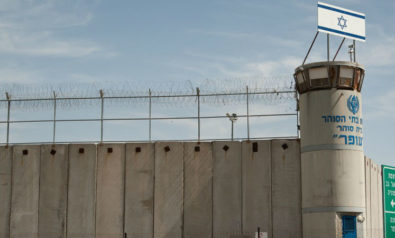

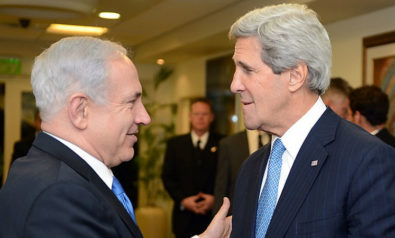



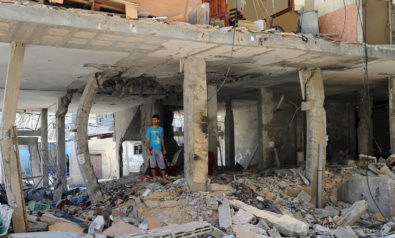

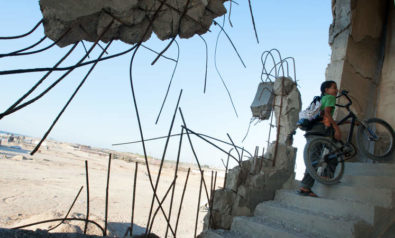





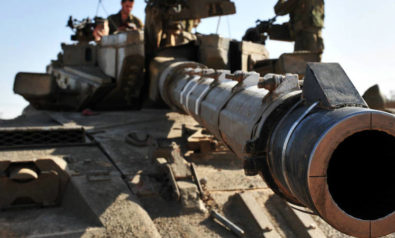
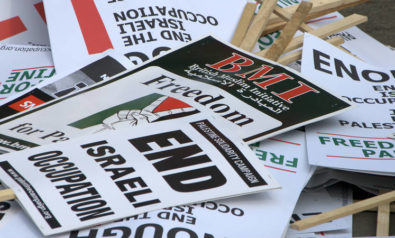
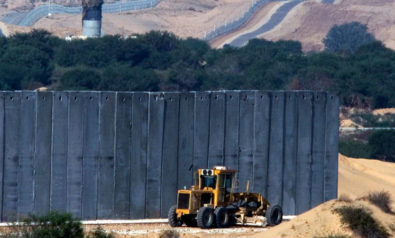
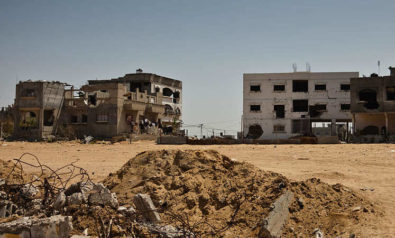




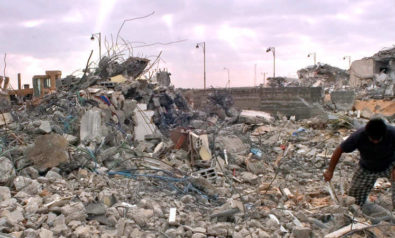
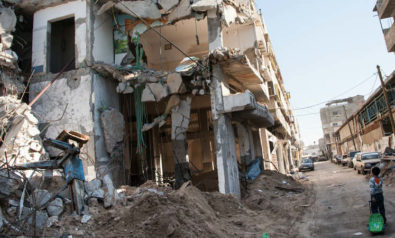


Comment